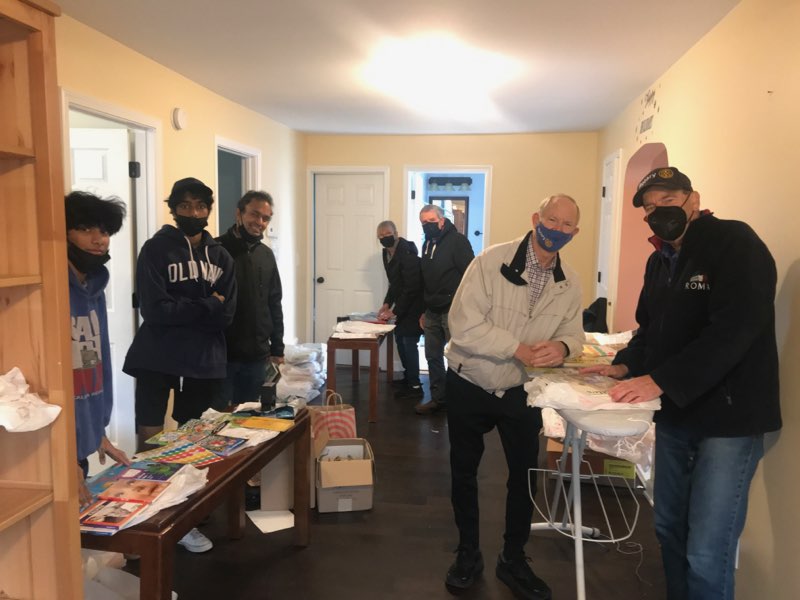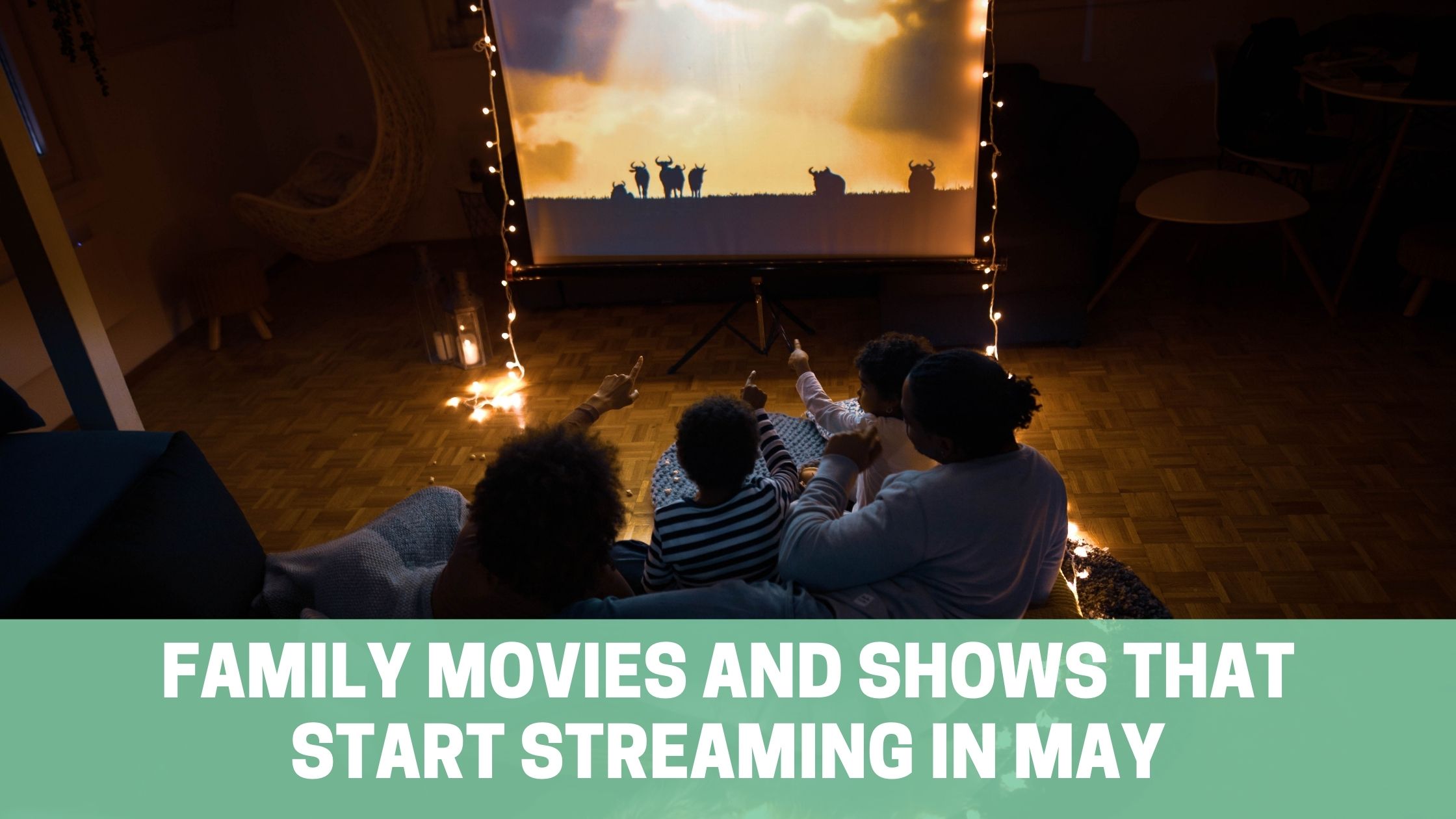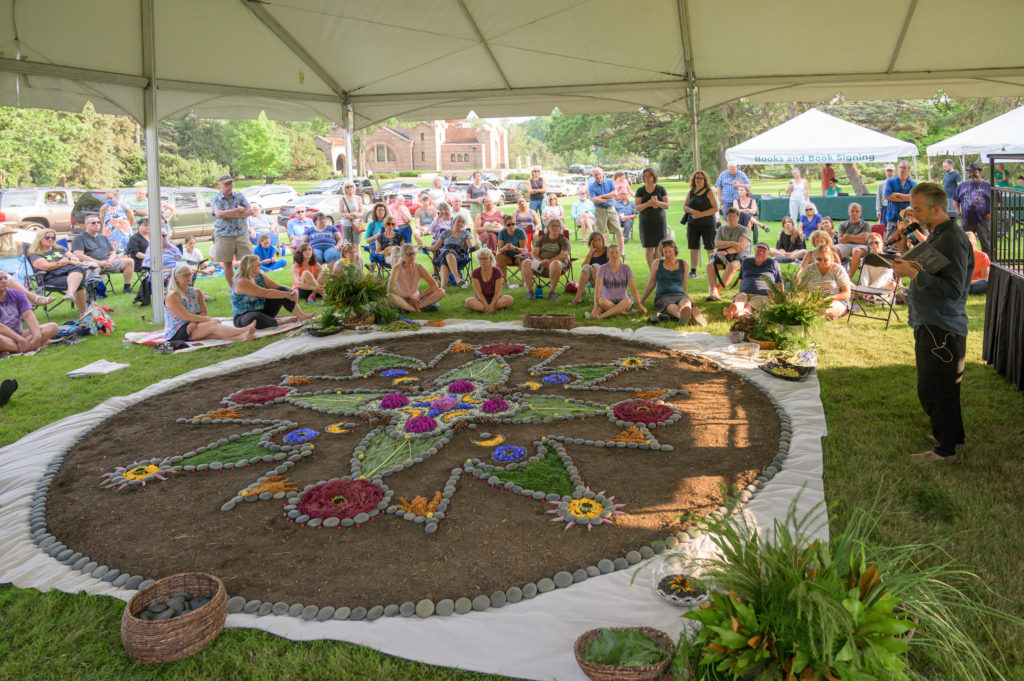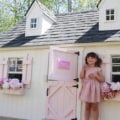more women are finding real-life and virtual resources through online communities
Last year, my mother unceremoniously handed me a worn notebook, bound in blue striped fabric with tiny flowers. The spine is cracked and stained, perhaps a decades-old coffee mishap, and the pages are filled with my mother’s oft-indecipherable script. There is the joy of a pregnancy and birth at 41 for a woman who never thought she would have a child. The frustration of a toddler’s grocery store temper tantrums. Tears. Giddy laughter. First words, first steps, first day of kindergarten — it’s all there.
Mothers today continue to chronicle their lives and their children’s lives, with one big difference: instead of scribbling in journals, they’ve turned to online blogging platforms like Blogspot or WordPress to help them tell their tales. Where journaling was once a solitary activity, parents now find reassurance, friendship, and solidarity in their online communities. From princess party planning to harrowing experiences in the NICU, mothers can find words of wisdom and a sympathetic ear from those who’ve been there in the world of mommy bloggers. Instead of the solitary self-reflection of journaling, bloggers find comfort in the support of readers. Virtual connections lead to real-life relationships, and parents — mostly women, it seems — lean on each other as confidantes, resources, and friends. Here in Minnesota, the community of parenting bloggers continues to grow, and we spoke with several local women whose blogs have opened doors and impacted their lives for the better.
There’s the whip-smart, self-professed geek, Liz Paul, at who can somehow be caring and insightful and silly all in one post at Random Thoughts of a Lutheran Geek. Beth Knudsvig is The Anti-Supermom, a wisecracking mother of three who will leave you in stitches recounting the day-to-days of motherhood, always reminding you not to take yourself too seriously. Darcie Gust was left with no memories and little knowledge of her own mother, who died when she was three, and so Gust Gab faithfully records her family’s adventures and happy memories, creating a “digital scrapbook” of sorts for her children. Having battled post-partum depression, alcoholism, and a child’s medical struggles — and emerged the other side triumphant, Heather King recounts her tales with poignancy and grace on The Extraordinary Ordinary.
the cast of characters
There is a parenting blog out there for and by every kind of parent. The impossibly chic friend from college who never had a hair out of place? She’s married with children now, throwing color-coordinated birthday parties and dressing her daughter in tunic tops and tiny ballet flats. Your cousin who played guitar and sang Joni Mitchell songs, whose hair always smelled like that sweet and spicy incense? She’s crooning Circle Game as a lullaby and dabbling in babywearing. That high school friend who swore a blue streak and introduced you to The Smiths? Don’t worry, he’s here too, as wry and hilarious as ever.
For many mothers, the juggling act of kids, work, marriage, and household to-dos leaves little time for in-person bonding with friends. Sharing a cup of coffee and rehashing the stressors of the week becomes a rare pleasure, and the online community provides the same kind of social connection, without the hassle and cost of finding a babysitter. Beth Knudsvig works from home and cares for her three children simultaneously — for her, blogging offered “a connection, that sort of connection that you get when you work outside the home.”
“I’ve met friends,” says Knudsvig. “I’ve built these relationships that are invaluable to me. I went to a blogging conference and it was wonderful getting together, staying in a lodge, and gabbing into the evening. [Blogging] has given me so much more than I’ve put into it, at least emotionally.”
Her friend, Liz Paul, agrees. “[Blogging] keeps me connected to people who are going through similar things. It’s an emotional outlet for me, but it’s a way to stay connected. For me, the unexpected positive of blogging was that I now have a community of real life, see-them-in-person friends that I wouldn’t have met otherwise.”
blogging for bucks?
Bloggers, particularly mommy bloggers, have been criticized as of late for monetizing their musings and bringing commercialism into what was once a purely social world. Some of the most popular mommy bloggers have turned their websites into full-on financial enterprises — Heather Armstrong of dooce.com was featured on Forbes Most Influential Women in Media list, Mindy Roberts, author of The Mommy Blog, appeared on Oprah, and The Pioneer Woman, Ree Drummond, has parlayed her success into a cookbook, a memoir, and a children’s book. Major conferences like BlogHer can draw in thousands, offering seminars on content development, branding, and PR, but for most, the kind of success that leads to book deals and six-digit profits is just unrealistic. “The reality is that there is not a lot of money to be made unless you have a hefty readership,” explains Heather King. Heather’s blog, The Extraordinary Ordinary, features five or six sidebar ads of her choosing, mostly for small businesses or charity fundraising efforts. “My blog did grow and as long as I feel the ads are authentic to me, I don’t mind making some extra money doing something that I love,” she says, with an important caveat — “I do not blog to make money.”
For most women, it seems pipe dreams of major blogging success are not the driving force behind their postings. Darcie Gust has built a small but loyal troupe of followers for Gust Gab, but she says, “I honestly don’t care about my blog stats or page views. I blog for my family and I. At the end of the day, I’m not in this for the money. I’m in it so that our kids have a record of their lives, long after I am no longer able to tell them.” Liz Paul began keeping an online journal six years ago, back when the fledgling blogworld was relatively low-key, and her driving force — self-reflection — remains the same now. “I really don’t need 20,000 readers. I need one reader, who read something I wrote and was able to identify with it.”
trusted sources
Beyond friendships and self-expression, the network of parenting blogs has created a vast encyclopedia for those seeking answers to their child-rearing woes. The endless shelves of parenting books can be overwhelming, and when the world shifts from Tiger Mom to Free-Range Kids in a skinny minute, it’s challenging to know where to turn. Says Paul, blogging has changed parenting by expanding the network of trusted sources. “Whether it’s potty training or something more serious, it’s easier to connect with someone who has gone through it; someone who is on the other side.”
In King’s mind, the blogging community is a sort of 21st century “village,” replacing the communities of family and friends that once provided a human encyclopedia of parenting knowledge. “We are doing this mostly alone, and blogging makes it possible to reach out … to find other like-minded parents to learn from and grow with. [It] opens a mother up to more viewpoints than she had access to years ago.” The dry descriptions found in go-to parent manuals have been replaced by a dialogue, one in which a community of parents lean on one another for support, ask questions, and seek out the stories and experiences of those who’ve been there. Says Gust, “My connections with these people … have reassured me that I am not alone, that this too shall pass. It’s never as bad as it seems when you know that you are not the only person going through the sleepless nights, the toddler refusing to eat, the potty training.”
Despite all the support and conviviality, the anonymity of the online world does present its drawbacks. Nearly every blogger has experienced the sting of a critical comment, but overall they say these blips don’t detract from the positive returns of their writing. “I try to take everything with a grain of salt,” says Knudsvig, “[Critical commenters] don’t always have the full picture, and you kind of have to have a backbone.” Several bloggers expressed regret at not keeping their children’s names private, but say the balance lies in being “cautious but not overly panicky,” as Paul puts it. “My son is going to grow up in a world where the internet is a part of everyday life, and I’d rather start the process of learning to be honest about who you are and how to stay safe so I can guide him.”
Beyond taking basic precautions, it’s all about personal levels of comfort. Most bloggers are careful to avoid revealing details that would allow strangers to find them or endanger their families, and until there is reason to fear, the smallest measure of risk is worth the rewards. “If my family were threatened, absolutely I would shut down the blog,” Paul says, “but everything I write is kind of benign. There are so many people online, so many pictures and stories of families and kids, and if I’m going to be honest about my life, to tell my stories for friends and family and the future, I can’t not talk about my child.”
In the long run, even blogging’s biggest fans are unsure of where it may lead. As their children age, as technologies change, the league of parenting bloggers may fade away altogether. But for now, they’ll keep at it. “It’s a great experience to have an outlet, to meet so many people online and in life,” Knudsvig explains. “Blogging provides this absolute community of people you didn’t know were out there that’s so unique and just inspiring. I’m a better person, a better wife and mother, because I have that blog.”
blogging basics
Looking to start your own blog? Here are some words of wisdom from local pros!
- Be exactly who you are — don’t try to be like any other blogger. Be you. — Heather King
- If you’ve got nothing to say…say nothing! Don’t feel like you need to fill up the space. When you do have something to say, those that love you will be there waiting. I promise. — Darcie Gust
- Comment [on other blogs], let people know that you are reading. No one will know you are out there blogging if you don’t make it known. All bloggers love comments, you leave some and soon, you’ll be loving comments too. — Beth Knudsvig
- Know what your purpose is. A diary or scrapbook of sorts? To grow a readership? To open doors to other adventures? To practice writing? Then simply remind yourself of that passion and stick to it, see it through. One day you’ll have pages and pages of exactly who you are and that’s a gift. — Heather
- Be careful what you do say. I read a few blogs that have me cringing, people that badmouth their significant others or mothers-in-law or places of employment. The written word has the same rules as the spoken word … If you don’t have anything nice to say, perhaps you shouldn’t be saying it at all! — Darcie
- Don’t set too many expectations. If you have a brilliant idea and want a brand and 1000 readers a day, it’s not realistic most of the time. If you want to share and document your life and share your story, even if it’s just with two other people, one of whom is your mom, then sit down and try it. See if it’s something sustainable for you. If it doesn’t come naturally, there are other ways of expressing yourself in the world. There are times when blogging isn’t easy for me, and I’ve been doing it for a long time and I enjoy it. It will either be life-giving or it’s not — and that’s okay! —Liz of Random Thoughts of a Lutheran Geek





























